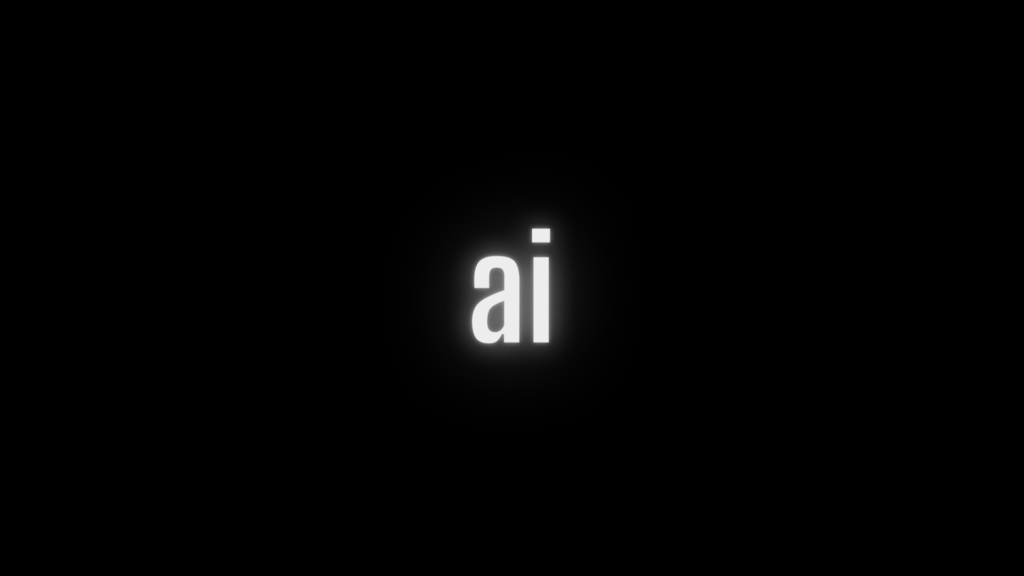
AI: The Double-Edged Sword Changing Our World
Artificial Intelligence (AI) has become a buzzword, promising breakthroughs in everything from healthcare to entertainment. But, as with all powerful tools, it has its drawbacks. In this article, we’ll explore the reasons why AI isn’t just a shiny tech marvel, but also a potential cause for concern. Whether you’re new to AI or have dabbled in understanding its concepts, this guide will walk you through the darker side of this fascinating technology.
1. Job Displacement: When Robots Take Over
AI’s ability to perform tasks traditionally done by humans has created a seismic shift in the job market. From self-checkout machines to autonomous vehicles, jobs once thought safe from automation are now under threat. While AI can boost efficiency, it’s also a harbinger of job loss, especially for roles involving repetitive tasks. The World Economic Forum predicts that AI could displace millions of jobs by 2025, leaving many to question how societies will adapt to these changes.
2. Bias in Algorithms: A Flawed Reflection of Society
AI systems are only as good as the data they’re trained on. Unfortunately, much of this data contains biases that reflect societal inequalities. This can lead to unfair outcomes, such as racial profiling in law enforcement tools or discriminatory hiring practices. When an AI system perpetuates bias, it not only mirrors existing prejudices but also amplifies them, creating a vicious cycle that’s hard to break.
3. Loss of Privacy: Big Brother Is Watching
AI thrives on data, and the more it has, the better it performs. However, this hunger for information often comes at the expense of personal privacy. Smart devices, surveillance systems, and social media platforms collect vast amounts of data about us, often without explicit consent. This raises serious ethical questions about who owns this data and how it’s being used.
4. Ethical Dilemmas: Who Takes Responsibility?
What happens when an autonomous car causes an accident or when a chatbot gives harmful advice? AI systems operate in complex environments where mistakes can have significant consequences. Determining accountability in such situations is a legal and ethical minefield. Should the blame fall on the developers, the users, or the AI itself?
5. The Risk of Malicious Use
Like any tool, AI can be used for good or ill. Cybercriminals have started leveraging AI to create more sophisticated phishing scams, deepfake videos, and even automated hacking tools. These malicious applications could undermine trust in digital systems and pose risks to individuals and institutions alike.
6. Overdependence on AI
As we integrate AI deeper into our daily lives, there’s a growing risk of overdependence. What happens if an AI system fails? Imagine a smart city where traffic lights, power grids, and healthcare systems are all AI-driven. A single malfunction or cyberattack could result in widespread chaos, showing just how fragile such systems can be.
7. Erosion of Human Skills
AI’s convenience comes with a hidden cost: the decline of human expertise. When machines take over tasks like navigation, cooking, or even diagnosing illnesses, we risk losing these skills altogether. This could leave future generations ill-equipped to manage situations without AI assistance.
8. Existential Risks: Sci-Fi or Real Threat?
The idea of AI turning against humanity might sound like science fiction, but it’s a concern among leading thinkers. Elon Musk and Stephen Hawking, among others, have warned about the risks of uncontrolled AI development. While the ‘AI apocalypse’ is far from certain, it’s a topic that warrants careful consideration as technology continues to advance.
Balancing Progress with Caution
While the potential downsides of AI are significant, it’s important to remember that technology is a tool—neither inherently good nor bad. The key lies in how we choose to use it. By setting ethical guidelines, ensuring transparency, and prioritizing fairness, we can mitigate many of AI’s risks.
Final Thoughts
Artificial intelligence is undoubtedly a game-changer, but it’s not without its pitfalls. From job displacement to ethical quandaries, the challenges it poses are as diverse as its applications. As we navigate the AI-driven future, staying informed and engaged is crucial. After all, the decisions we make today will shape the world of tomorrow.
